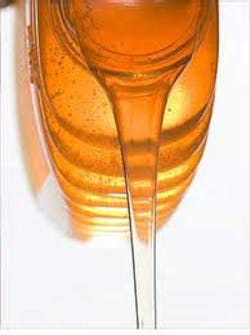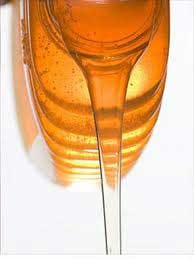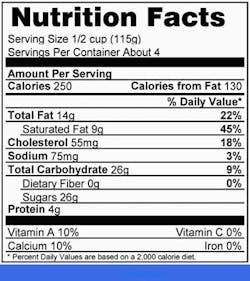America's sweet tooth obsession and its impact on our health
How hard is that? Well, consider these facts: flavored yogurts have 25-35 grams of added sugar. Most 12-ounce sodas, energy and sports drinks have 30-40 grams of added sugar per serving with 20-ounce drinks around 65 grams, and popular breakfast cereals contain 10-20 grams of added sugar per serving. Even bran muffins typically range between 18-24 grams per serving of sugar. See the problem?
Complying with the AHA recommendations will require significant changes in eating and drinking patterns. Begin to ask your patients about their sugar consumption. Think of how many are consuming 1-2 sugary drinks daily, in addition to other dietary exposures to sugars. The problem is prevalent.
In fact, in a 2006 study published by the Journal of the American Dietetic Association researchers analyzed the habits of middle school students in Massachusetts and discovered that sugar-sweetened drinks made up 71% of vending purchases, and were selected three (3) times more often by students than bottled water. This study can be considered representative of most student campuses across the country today.
It goes without saying that dental professionals regularly see the visible impact excess sugar consumption has in the oral cavity. Much of that impact comes from sugar-sweetened drinks that also contain citric and/or phosphoric acid, which can lead to a favorable demineralization and caries environment.
In data that analyzed the beverage habits of almost 6,000 children, it was reported that carbonated soft drinks comprised 8.5% of total fluid intake for 2 to 10-year-olds, and they showed a significantly higher caries and decay pattern compared to children of the same age consuming high patterns of fruit juice.(5) Unfortunately, many young children who acquire a taste for sugary drinks carry that preference into adulthood.
Educating patients (and parents) about the AHA guidelines for limiting daily sugar consumption is certainly a good place to start for reducing caries and decay risks, and who knows, might even help save a heart in the process!
References 1. Johnson RK, Appel LF, Brands M, Howard BV, Lefevre M, Lustig RH, Sacks F, Steffen LJ, Wylie-Rosett J. Dietary sugars intake and cardiovascular health: A scientific statement from the AHA. Circulation 2009; 120: 1011-1020. 2. White JS. Straight talk about high-fructose corn syrup: what it is and what it ain’t. Am J Clin Nutr 2008: 88 (suppl): 1716S-21S. 3. Lustig RH. The skinny on obesity. Available at http://www.uctv.tv/skinny-on-obesity. Accessed September 10, 2012. 4. Brown IJ, Stamler J, Van Horn L, Robertson, CE, Chan Q, Dyer AR, Huang C, Rodriquez BL, Zhao L, Daviglus ML, Ueshima H, Elliot P. Sugar-sweetened beverages, sugar intake of individuals, and their blood pressure. Hypertension 2011; 57:695-701. 5. Sohn W, Burt BA, Sowers MR. Carbonated soft drinks and dental caries in the primary dentition. J Dent Res 2006; 85:262-267.




